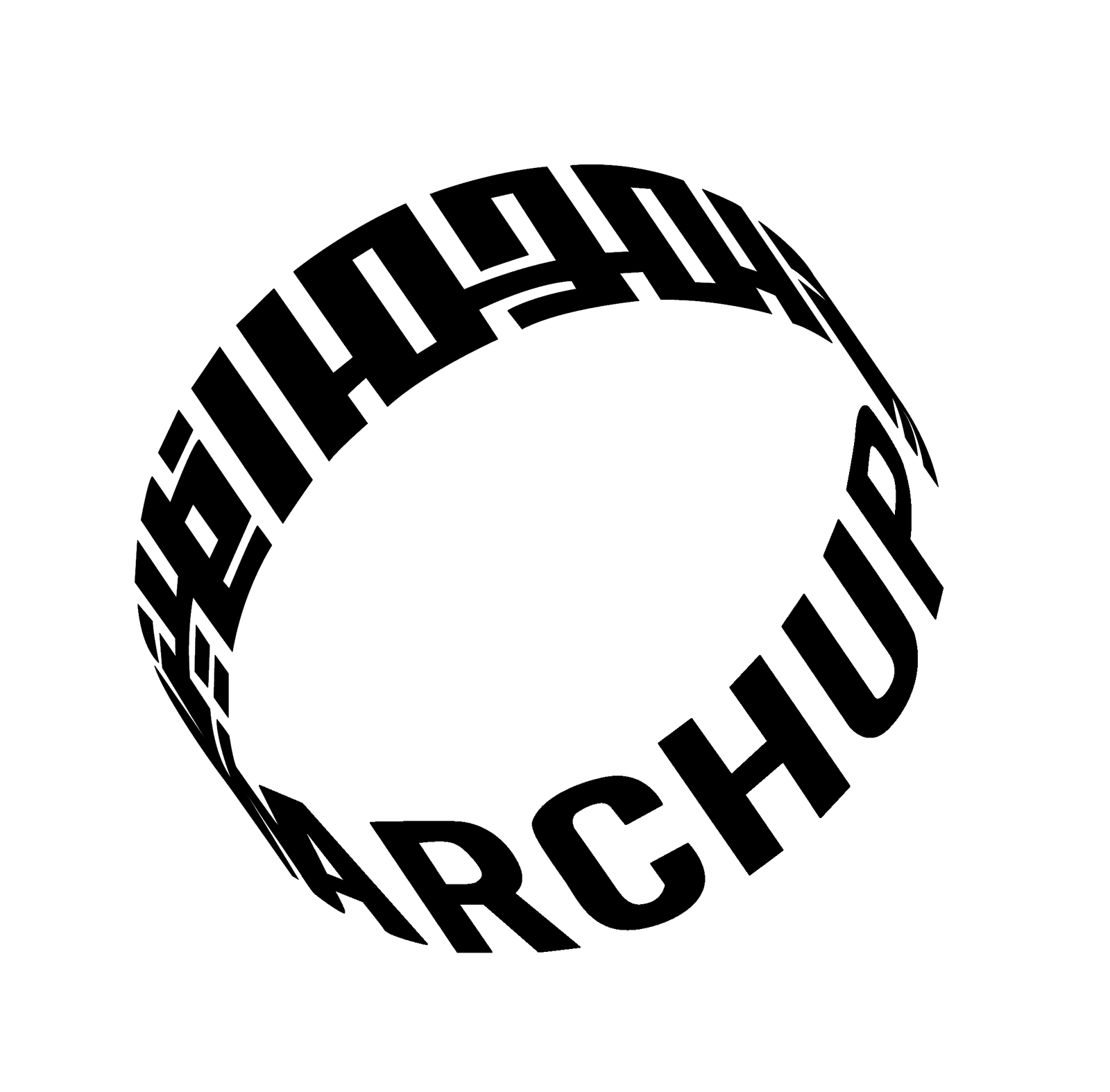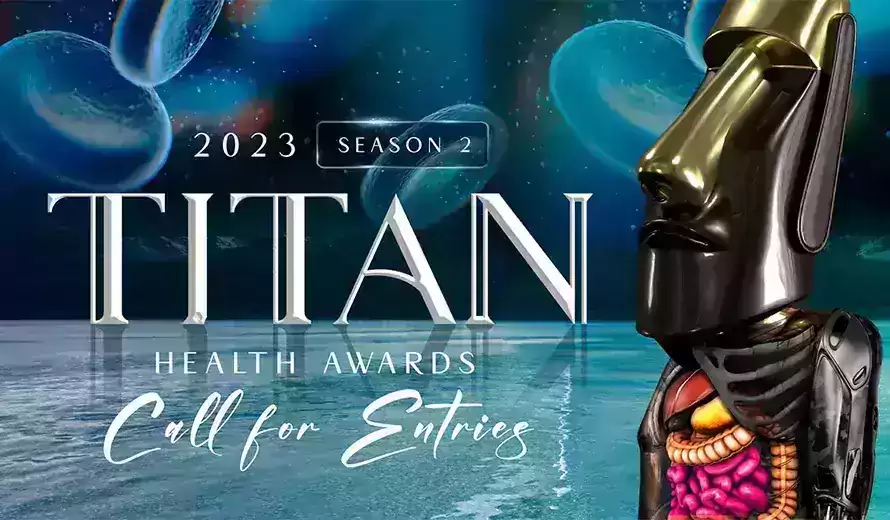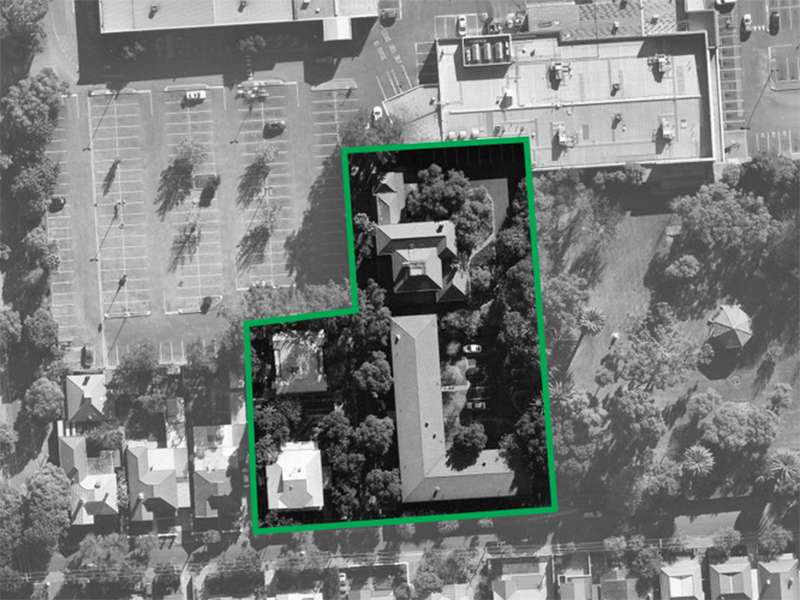In the midst of the general public health emergency and physical distancing thanks to COVID-19, we invite civil society from Latin America and therefore the refore the Caribbean to collaborate creatively to develop solutions for the new normal and the reactivation of our public spaces, while still following physical distancing measures to avoid further contagion of the virus. along side the IDB’s Cities LAB, we would like to seek out innovative solutions for (1) the way to reactivate public spaces with physical distancing and (2) the way to recuperate and restore lost confidence in urban life.
It is urgent that we take action to rebuild existing community ties, restore the cultural values of our urban lives, and facilitate new sorts of social relations that strengthen local communities. within the history of our cities, we will see that great changes to our urban fabric resulted from pandemics. In our role of Cities LAB, we desire for these innovations to be made collaboratively between multiple urban actors.
How can we generate proposals that allow us to make community and vitality within the streets with physical distancing?
We have seen how long periods of physical isolation can affect citizens’ behavior and make uncertainty once they return to the streets. Public space becomes that space that exposes us to a possible contagion and that we are faced with the challenging task of daily activities having careful protocols.
In order to create more humane, resilient and sustainable communities, it’s important to believe how cities within the region must face these moments of transition and seek solutions to return to a replacement public life in gradual stages, which contemplate current care, challenges, problems and opportunities.
Governments, organizations, professionals, institutions and activists from different cities round the world are promoting a process that, as against a natural action of ‘reaction and return’ to the previous situation, recognizes the necessity to market a ‘transformation and adaptation’ that recognizes and takes advantage of the changes resulting from the new way of occupying space.
In this context, the best skills and artistic strengths are desired in order that proposals for public spaces interventions have the capacity to foster connection and trust between people by generating opportunities within the face of latest situations, problems or conflicts.
The Inter-American Development Bank’s Cities LAB, within the framework of the Common Cities Conference, host of Placemaking Latin America 2020, announces an “Ideathon” to activate creativity and collective intelligence with the aim of provoking innovative proposals focused on the reactivation of public, social and community life within the public spaces of LAC cities.
The Ideathon seeks small-scale solutions that help improve inclusive and human-scale public spaces, complying with the required physical distancing measures thanks to the COVID-19 health crisis. These solutions should promote inclusive public life and strengthen both urban development and native economic development programs and meeting and community spaces, with special attention to the foremost vulnerable populations.
We want to ask civil society within the region to draw on their creativity and innovate the general public spaces of tomorrow, with solutions that embrace the concept ‘build-back-better’ and support the region’s cities in achieving Goal 11 of the Sustainable Development Goals, that of achieving cities for all.
Proposals are sought to assist activate urban life within the transition phases, taking under consideration physical distancing measures, and promote more inclusive and sustainable public spaces.
The solutions we are looking for:
1. Are replicable and scalable in nature, with the potential to be adapted to specific local contexts, high impact, low cost and have the potential for rapid execution.
2. Provide potential physical distancing scenarios in public space during transition phases.
3. Promote the recovery of citizens’ trust in urban life, using clear communication on the rules of physical distancing.
4. Propose alternatives that contribute to making public spaces and urban life more sustainable, resilient and inclusive (build-back-better).
5. Respond to the challenge of strengthening the link between public space and daily community life in Latin American cities.
6. Are inclusive and consider vulnerable groups, energize social life, strengthen the local economy and promote transport on a human scale. They also promote gender equity and the reduction of spatial and social inequalities.
7. Are on a human scale, that is, they consider people as the cornerstone.
The best proposals received will be published in IDB media channels and disseminated publicly in the region. A multidisciplinary jury will select 3 winning proposals.
The 3 selected projects will work together with IDB Cities LAB, Common Cities and various urban stakeholders to adapt the idea to a prototype to be implemented in cities in the region. Each winning project will receive a prize and the costs for materials necessary to develop the prototype.
The incubation process will be structured on a work scheme that lasts no more than 2 months: two online sessions per week, one of which will be a theoretical session with the participation of multidisciplinary experts, and the other will be an internal session.
This process seeks to create synergies between researchers, professionals, interested citizens, activists and civil servants. Spaces for collective creation and exchange between the winning projects will be generated, where knowledge is shared openly and horizontally.
We invite you to think about these solutions and contribute your creative ideas! Download the information related to this competition here.
-
Title
Call for Ideas: The Return to Public Life -
Type
Competition Announcement (Built Projects & Masterplans) -
Organizers
-
Submission Deadline
July 31, 2020 11:30 PM -
Venue
Inter American Development Bank -
Price
Free -
Country Restrictions
Argentina, Belize, Bolivia, Brazil, Chile, Colombia, Costa Rica, Cuba, Dominican Republic, Ecuador, El Salvador, Guatemala, Haiti, Honduras, Jamaica, Mexico, Nicaragua, Panama, Paraguay, Peru, Uruguay







